Simpson - Under the Hammer: Iconoclasm in the Anglo-American Tradition
Here you can read online Simpson - Under the Hammer: Iconoclasm in the Anglo-American Tradition full text of the book (entire story) in english for free. Download pdf and epub, get meaning, cover and reviews about this ebook. City: Oxford, year: 2010, publisher: Oxford University Press, genre: Religion. Description of the work, (preface) as well as reviews are available. Best literature library LitArk.com created for fans of good reading and offers a wide selection of genres:
Romance novel
Science fiction
Adventure
Detective
Science
History
Home and family
Prose
Art
Politics
Computer
Non-fiction
Religion
Business
Children
Humor
Choose a favorite category and find really read worthwhile books. Enjoy immersion in the world of imagination, feel the emotions of the characters or learn something new for yourself, make an fascinating discovery.

Under the Hammer: Iconoclasm in the Anglo-American Tradition: summary, description and annotation
We offer to read an annotation, description, summary or preface (depends on what the author of the book "Under the Hammer: Iconoclasm in the Anglo-American Tradition" wrote himself). If you haven't found the necessary information about the book — write in the comments, we will try to find it.
Under the Hammer: Iconoclasm in the Anglo-American Tradition — read online for free the complete book (whole text) full work
Below is the text of the book, divided by pages. System saving the place of the last page read, allows you to conveniently read the book "Under the Hammer: Iconoclasm in the Anglo-American Tradition" online for free, without having to search again every time where you left off. Put a bookmark, and you can go to the page where you finished reading at any time.
Font size:
Interval:
Bookmark:
UNDER THE HAMMER
THE CLARENDON LECTURES IN ENGLISH 2009

Frontispiece: Barnett Newman, Broken Obelisk (1967), in Second Floor, Public Space, The Donald B. and Catherine C. Marron Atrium, The David and Peggy Rockefeller Building, Museum of Modern Art, New York. Reproduced by permission 2009 The Barnett Newman Foundation, New York/Artists Rights Society (ARS), New York.
Iconoclasm in the Anglo-American Tradition
JAMES SIMPSON


Great Clarendon Street, Oxford ox2 6DP
Oxford University Press is a department of the University of Oxford.
It furthers the Universitys objective of excellence in research, scholarship,
and education by publishing worldwide in
Oxford New York
Auckland Cape Town Dar es Salaam Hong Kong Karachi
Kuala Lumpur Madrid Melbourne Mexico City Nairobi
New Delhi Shanghai Taipei Toronto
With offices in
Argentina Austria Brazil Chile Czech Republic France Greece
Guatemala Hungary Italy Japan Poland Portugal Singapore
South Korea Switzerland Thailand Turkey Ukraine Vietnam
Oxford is a registered trade mark of Oxford University Press
in the UK and in certain other countries
Published in the United States
by Oxford University Press Inc., New York
James Simpson 2010
The moral rights of the author have been asserted
Database right Oxford University Press (maker)
First published 2010
All rights reserved. No part of this publication may be reproduced,
stored in a retrieval system, or transmitted, in any form or by any means,
without the prior permission in writing of Oxford University Press,
or as expressly permitted by law, or under terms agreed with the appropriate
reprographics rights organization. Enquiries concerning reproduction
outside the scope of the above should be sent to the Rights Department,
Oxford University Press, at the address above
You must not circulate this book in any other binding or cover
and you must impose the same condition on any acquirer
British Library Cataloguing in Publication Data
Data available
Library of Congress Cataloging in Publication Data
Data available
Typeset by SPI Publisher Services, Pondicherry, India
Printed in Great Britain
on acidfree paper by
Clays Ltd., St Ives Plc
ISBN 9780199591657
1 3 5 7 9 10 8 6 4 2
I dedicate this book, with love and
admiration, to my children Emile,
Olivier, and Clelia Simpson
A confession: throughout the deeply pleasurable, not to say exhilarating process of writing this book, I developed a taste for the illicit. All but one of the following chapters is an act of breaking and entering academic shops not my own. I can only hope that my readers will also experience the frisson of transgression I enjoyed, although of course they may be provoked every now and again, when they feel I have strayed too far, to phone the police.
Books are the product and source of conversation. The conversation that began this book was over breakfast with the inspiring Andrew McNeillie, who invited me to deliver the Clarendon Lectures, under the auspices of both Oxford University Press and the Faculty of English, University of Oxford, in May 2009. The two weeks I spent in Oxford were unquestionably the most pleasurable of an academic life, thanks in no small part to the hospitality of Sally Mapstone and Vincent Gillespie.
Many friends, colleagues, and students have tried to keep me on the straight and narrow, for which I offer the warmest thanks. The following were especially generous: Amy Appleford, Tim Bahti, Larry Buell, Ian Donaldson, Milad Douehi, Philip Fisher, Jorie Graham, Grazia Gunn, Nicholas Halmi, Jeffrey Hamburger, Anna Huber, Jason La Fountain, Barbara Lewalski, Nina Lbbren, Luke Menand, Carl Schmidt, Peter Sacks, Daniel Shore, Nicholas Watson, and Nicolette Zeeman, who first started me thinking about iconoclasm. Many of these interlocutors and friends are colleagues in the Department of English, Harvard University, whose collective intellectual ambition and warmth of intellectual friendship nourished the book at every turn. Dozens of graduates in this department enlivened my thinking. I do not mean to enlist the colleagues here named as supporters of the positions taken in this book: many are not. Neither is Richard Strier, of the University of Chicago, who nonetheless provided the most tenacious and exacting opposition I have ever encountered in academic debate. My thanks to him are very warm indeed.
My wife and daughter, Luisella and Clelia Simpson, both offered penetrating comment at different moments.
Nicole Miller courageously and successfully undertook Herculean tasks at every level of the project. My debt to her is very large. The librarians of the Lamont Library, Harvard University, gave detailed help with the bibliography.
I completed the notes to this book in the magnificent Biblioteca Berenson of the Villa I Tatti, thanks to the warm and humane hospitality of its Director, Joseph Connors, and his wife, Franoise.
Frontispiece: Barnett Newman, Broken Obelisk (1967), Museum of Modern Art, New York.
AFP | Agence France-Presse |
EETS | Early English Text Society |
es | extended series |
JWCI | Journal of the Warburg and Courtauld Institutes |
ODNB | Oxford Dictionary of National Biography |
PL | Paradise Lost |
RSTC | A Short-Title Catalogue of Books Printed in England, Scotland and Ireland and of English Books Printed Abroad 1475-1640, ed. A. W. Pollard and G. R. Redgrave, 2nd edn. rev. W. A. Jackson et al., 3 vols (Bibliographical Society, 1976-91) |
SR | Statutes of the Realm, ed. T. E. Tomlins, et al., II vols (London: Dawsons, 1810-28; rpt. 1963) |
Wing | Short Title Catalogue of Books Printed in England, Scotland, Ireland, Wales, and British America, and of English Books Printed in Other Countries, 1641-700, compiled by Donald G. Wing, rev. and ed. John J. Morrison and Carolyn W. Nelson, 2nd edn (New York: Modern Language Association of America, 1994) |
ON February 26, 2001, the Taliban leader of Afghanistan, Mullah Mohammad Omar, issued a decree ordering the destruction of all statues in Afghanistan. Only Allah, the Almighty, he decreed, deserves to be worshipped, not anyone or anything else. The principal targets of the decree were, however, the two huge statues of Buddha in Bamiyan, Central Afghanistan (Figure 1). Carved into the rock face in the second century CE, these statues were reportedly visited by pilgrims from across Central Asia.
It took about one week for rocket launchers to destroy the statues (Figure 2). The Talibans principal justification
Next pageFont size:
Interval:
Bookmark:
Similar books «Under the Hammer: Iconoclasm in the Anglo-American Tradition»
Look at similar books to Under the Hammer: Iconoclasm in the Anglo-American Tradition. We have selected literature similar in name and meaning in the hope of providing readers with more options to find new, interesting, not yet read works.
Discussion, reviews of the book Under the Hammer: Iconoclasm in the Anglo-American Tradition and just readers' own opinions. Leave your comments, write what you think about the work, its meaning or the main characters. Specify what exactly you liked and what you didn't like, and why you think so.

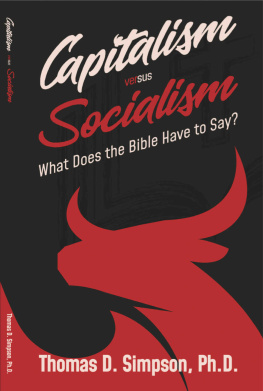


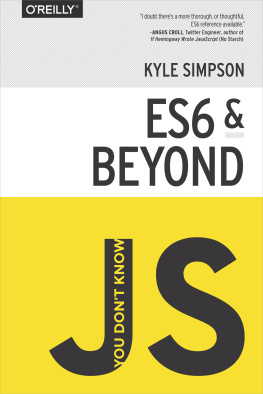
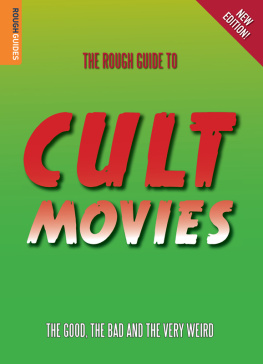
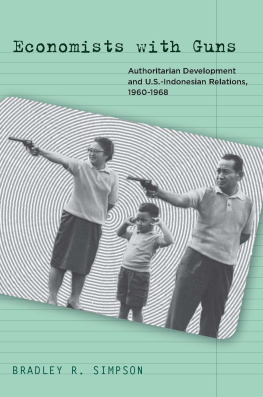
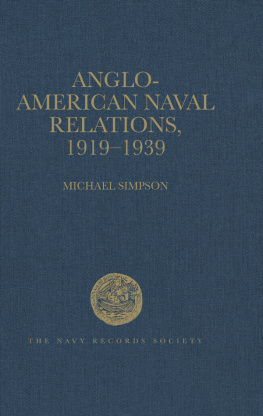
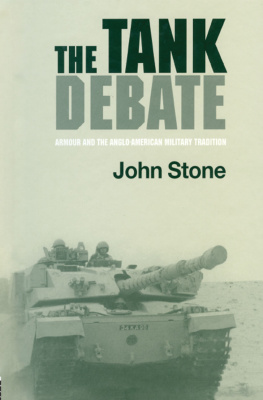
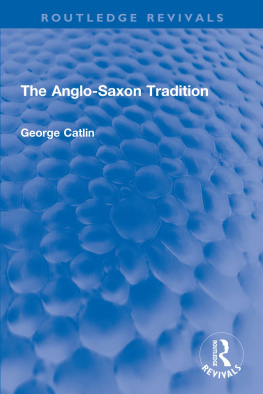
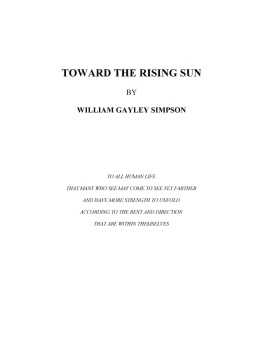
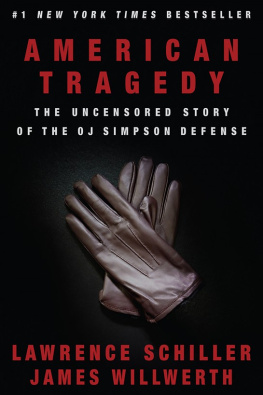
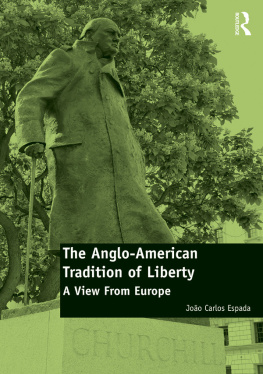
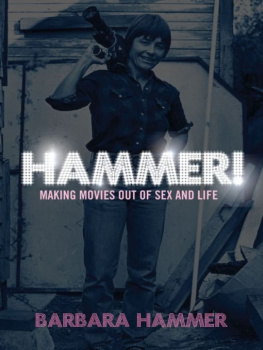
![Sadakat Kadri [Sadakat Kadri] - THE TRIAL: A History from Socrates to O. J. Simpson](/uploads/posts/book/57415/thumbs/sadakat-kadri-sadakat-kadri-the-trial-a.jpg)